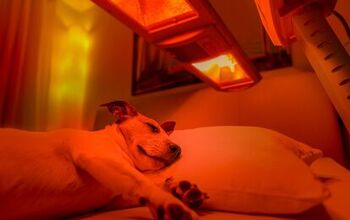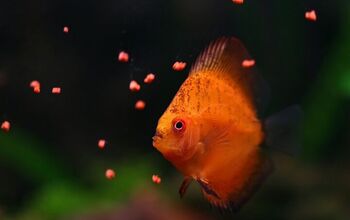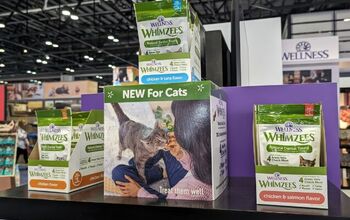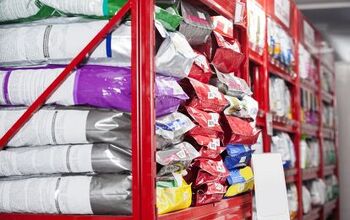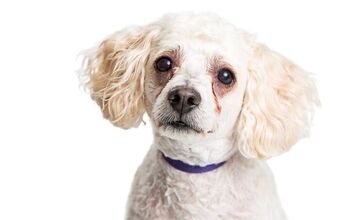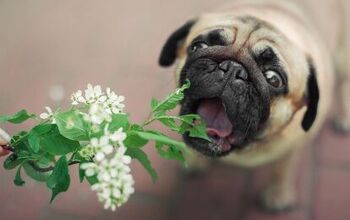Spring is finally upon us! For dog owners, spring is always a welcoming sight as it signals the start of longer walks in the park and more time in the garden. The backyard is usually a fun place for you and your pooch to play and run around. However, certain types of plants are dangerous to dogs and can make your backyard a safety hazard. Experts advise that some spring plants and flowers, both indoors and outdoors, can be harmful to your pooch and should be avoided at all costs. Some of these plants are known to cause upset stomachs, itching, vomiting, and, in severe cases, even cardiac arrest in dogs. Craig Wilson, co-founder, director, and gardening expert at Gardeners Dream, has listed the toxic flowers and plants you should keep from the home and garden if you have a dog. DaffodilsDid you know that daffodils, one of the most popular heralds of spring, are poisonous to both cats and dogs? These trumpet-shaped flowers contain a toxic compound called lycorine which causes stomach pain and diarrhea when ingested. Bulbs are the most toxic part of the daffodil plant, but dogs can also get sick after consuming the flowers. Even drinking the water from a vase that contains daffodils can cause toxicity in dogs.Tulips All parts of the tulip plant - bulbs, stems, leaves, and flowers - are toxic to both cats and dogs. The bulb stores the highest concentration of toxins, making it the most toxic part of the plant. Most dogs will experience drooling, diarrhea, and vomiting after consuming tulips. In severe cases, dogs can experience heart problems and difficulty breathing.IrisesColorful and hardy irises are a popular flower in many household gardens. Unfortunately, irises are toxic to dogs and can make your pooch sick if ingested or touched. Irises contain irisin, a toxic compound that triggers tissue irritation when swallowed or touched. The bulbs and rhizomes hold the highest concentration of irisin, making this plant particularly hazardous to dogs who like to dig.Hyacinths Many people like planting hyacinths in their gardens, but these tall and vibrant plants are harmful to dogs. Hyacinths belong to the same family as tulips and contain calcium oxalate crystals. These crystals are present in all areas of the plant and are shaped like needles. When ingested, these crystals can pierce a dog’s soft tissues, causing severe pain.Symptoms of hyacinth poisoning also include diarrhea, vomiting, abnormal breathing, increased heart rate, and convulsions. If you suspect your pooch has ingested any part of the hyacinth plant, take them to the vet as soon as possible. BluebellsAll parts of the bluebell plant contain a toxic compound called glycosides. Not only are bluebells harmful to cats and dogs, but this plant is also toxic to horses and cattle. If any part of the bluebell plant is consumed, it can cause stomach pain, vomiting, and diarrhea. When eaten in large quantities, bluebells can be fatal.Hydrangeas Many gardeners love the look of hydrangeas in the spring and fall, but dog owners beware - hydrangeas are toxic to dogs. Dogs can become poisoned from eating any part of the hydrangea plant, as they all contain cyanogenic glycoside.Chewing plants with this toxic compound releases cyanide and can result in loss of appetite, vomiting, depression, and increased heart rate. Munching on the flowers, buds, leaves, or bark of the hydrangea plant can make dogs sick, so keep a close eye on your pooch whenever they are sniffing around a hydrangea plant.These are just some of the most common plants that can make your dog sick, but there are more! If your pooch likes to munch on plants, it’s best not to leave them unsupervised in the garden.Join the PetGuide community. Get the latest pet news and product recommendations by subscribing to our newsletter here.








![Beloved Airport Patrol Dog Passes Away From Prostate Cancer [Video]](https://cdn-fastly.petguide.com/media/2022/02/16/8230643/beloved-airport-patrol-dog-passes-away-from-prostate-cancer-video.jpg?size=350x220)
